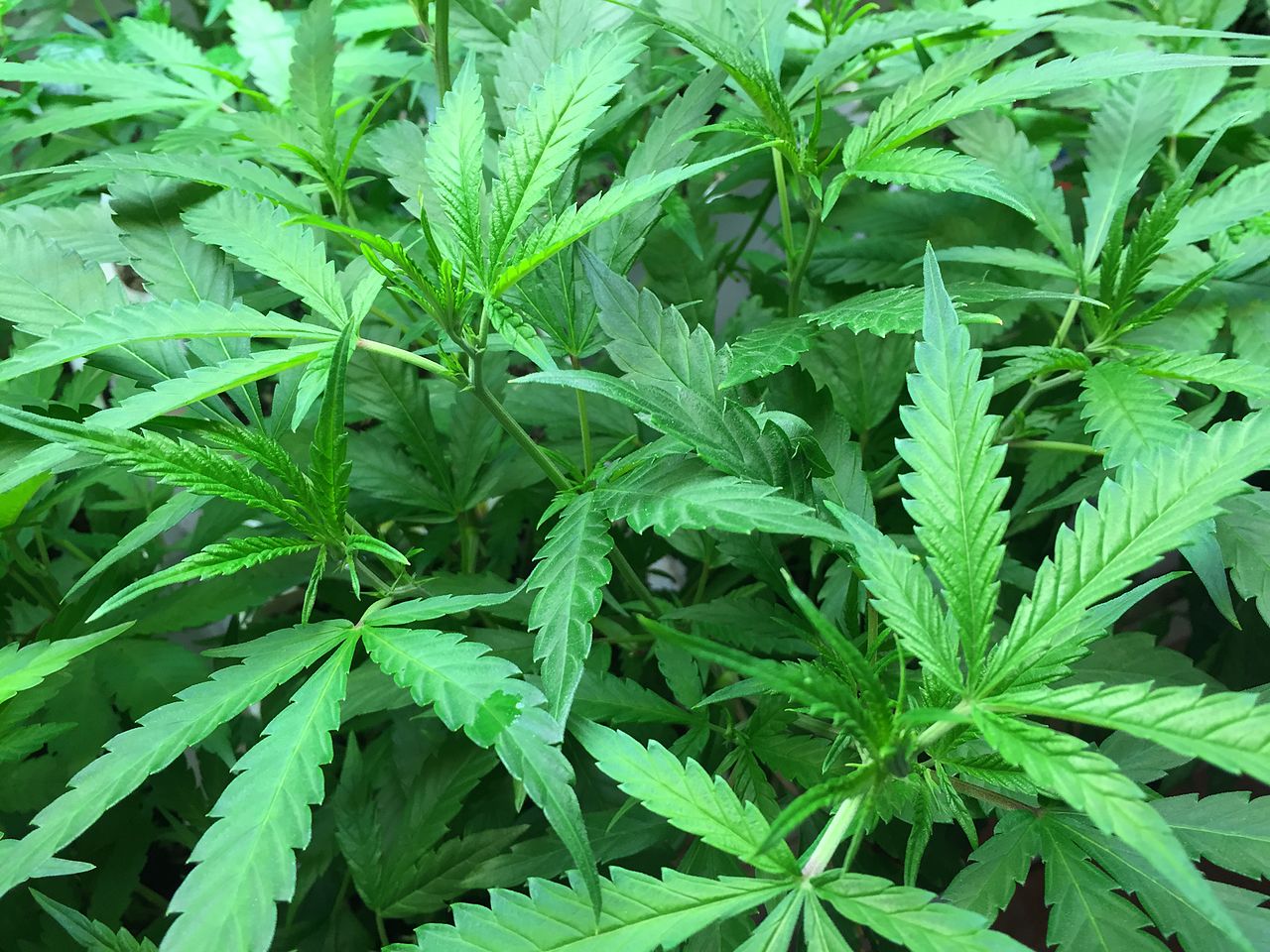KUALA LUMPUR, July 14 – Khairy Jamaluddin announced today that the Ministry of Health (MOH) will unveil a framework later this year for the registration of prescription drugs containing cannabidiol (CBD).
This marks the first step in what is likely to be a long process to define a commercial and legal path to market products with the cannabis compound in Malaysia.
Once the framework is released, the National Pharmaceutical Regulatory Agency (NPRA) will accept proposals from pharmaceutical companies on the types of products they wish to register, upon which the NPRA will assess the products’ safety and efficacy, the health minister said.
“Every pharmaceutical product must have a product registration holder (PRH) in Malaysia. Typically, it’s a pharmaceutical company engaged in the field of pharmacy. We will release the framework for the registration of CDB products later this year.
“After that, the NPRA will evaluate the proposals, and my target is by next year, we can start registering some CBD products,” Khairy told reporters after launching The Centre’s Drug Perception Study report.
“We have to look at the validity of the product. We have to look at the data in terms of the safety and effectiveness of the product for certain diseases, but also in terms of educating and the scientific exposure that needs to be given to medical officers in Malaysia.
“Because for now, I’m only looking at prescription CBD, not self-medication, and definitely not for recreational use, far from it. So I think for us to look at using these products, we need to take careful steps by looking at international practices and scientific data,” he added.
In his speech, during the launch of the drug perception study report by The Centre, a local think-tank Khairy co-founded, Khairy said he is “convinced” about the evidence for CBD.
“I’m convinced about the science because I’m working internally to make sure that everyone in the MOH is behind this. As with any substance with psychoactive substance, we have to be very careful about how we proceed. But I’m convinced about the evidence for CBD,” he said.
Khairy said researchers from the Universiti Malaya would be conducting clinical trials on CBD use for specific medical conditions in Malaysia.
“That will be added as a CBD use case,” Khairy said. “When we have proof, from a clinical trial perspective, [on the efficacy of CBD] for certain conditions, it opens up the use of CBD for medical officers to prescribe.”
Khairy formally recognised the use of cannabis for medicinal purposes in November last year, stating that existing legislations that regulate cannabis and its by-products in Malaysia, including the Dangerous Drugs Act 1952, Poisons Act 1952, and the Sale of Drugs Act 1952, do not prohibit the use of cannabis for medicinal purposes.
A product containing cannabis used for human medicinal purposes can be imported and consumed in Malaysia if that product complies with the requirements of the law.
CodeBlue also reported the NPRA confirming the approval of a prescription medicine derived from cannabis to treat muscle spasms and spasticity from multiple sclerosis.
Despite its approval in 2014, Sativex — an oromucosal spray of a formulated cannabis extract with CBD and THC, the psychoactive chemical component in cannabis — was taken off the Malaysian market three years later as it was not commercially viable. Sativex was developed by GW Pharmaceuticals, a maker of cannabinoid therapeutics based in Ireland.
This means Malaysia currently has no registered CBD-infused treatment.
CBD is one of over 80 chemical compounds, or cannabinoids, in the Cannabis sativa plant. Apart from CBD, the other most commonly known compound is the delta-9-tetrahydrocannabinol (THC), well known for producing the “high” associated with marijuana use, according to the United States’ Food and Drug Administration (FDA). However, unlike THC, CBD is not psychoactive.
The US FDA has not approved any CBD-containing drug products other than one prescription drug, Epidiolex, for treating seizures associated with tuberous sclerosis complex, Lennox-Gastaut syndrome and Dravet syndrome in human patients.
Epidiolex is an oral solution also developed by GW Pharmaceuticals.
Malaysia’s NPRA previously told CodeBlue it would consider registering Epidiolex if an application is submitted. The agency said all applications will be evaluated and the final decision on the registration of the product will be subjected to the decision of the Drug Control Authority (DCA).
According to The Edge, Malaysia’s largest pharmaceutical manufacturer, Duopharma Biotech Bhd, is exploring the feasibility of cannabis-related health care products.
“We are working with a few parties, but it is a chicken-and-egg situation because we need to understand the regulatory framework to make sure we don’t run afar.
“We have been working with some companies from Australia and also some other companies around the region to look at the options,” Duopharma group managing director Leonard Ariff Abdul Shatar was quoted as saying.
Duopharma Biotech is the top local generic drugs manufacturer in Malaysia, ranking first in value and volume as of December 2021.








